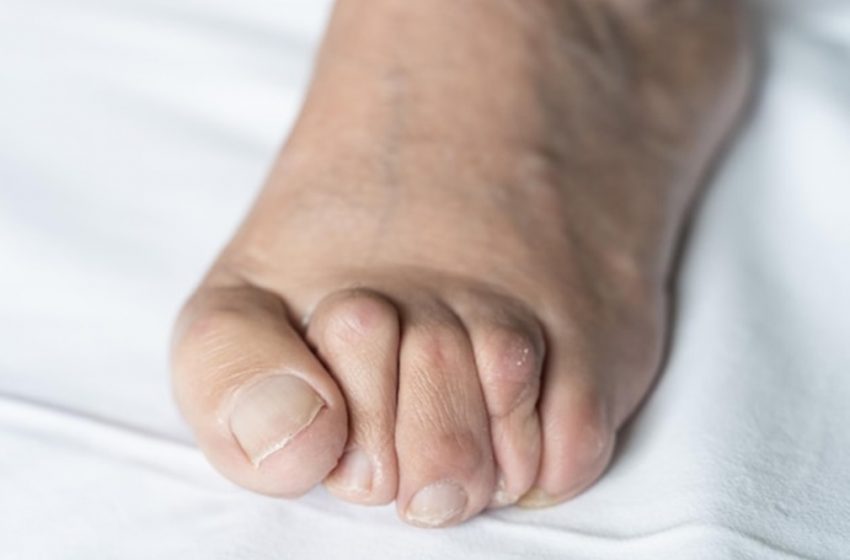How Long Does It Take to Recover After Bunion Surgery?

If you are considering bunion surgery, you likely have a lot of questions. One of the most common questions we hear is, “How long does it take to recover?” This is a difficult question to answer because everyone recovers differently. In this article, we will give you an overview of what to expect in the days and weeks following surgery. Keep in mind that these are general guidelines – speak with your doctor if you have specific questions about your recovery.
What to Expect in the Days Following Surgery?
Most people feel relatively good in the days following surgery for bunions in Marietta. However, there will be some restrictions on what you can do. You will need to avoid putting weight on your foot, so you may need to use a crutch or wheelchair for a short time. It will be helpful if you keep your foot elevated as much as possible.
The surgical area will be bandaged, and you will likely have a compression stocking on your foot. It is important to keep the dressing clean and dry. You may also need to take antibiotics if you are at risk for infection.
Most people experience some swelling and discomfort in the days following surgery. This can be treated with over-the-counter pain medication. You will also need to keep your foot iced and elevated as much as possible.
In the weeks following surgery, you will gradually increase your activity level. You may need to wear a special shoe for several weeks or months after surgery. It typically takes several months for the bunion to heal completely.
How Long Does It Take to Recover from Bunion?
There is no one answer to this question – everyone recovers differently. However, in general, it takes several months for the bunion to heal completely. You may need to wear a special shoe for several weeks or months after surgery. It is important to follow your doctor’s instructions carefully during your recovery. If you have any questions or concerns, be sure to speak with your doctor.
How Can You Prevent Future Bunions from Developing in Your Feet?
You can do several things to help prevent future bunions from developing in your feet. Some of these include:
- Wearing comfortable shoes that fit properly.
- Stretching your feet and ankles regularly.
- Avoid high heels and other tight shoes.
- Seeing a podiatrist for regular foot checkups.
You can also help to prevent bunions by keeping your feet healthy and strong. This includes staying hydrated, eating a balanced diet, and getting regular exercise. If you happen to notice any redness, swelling, or pain in your feet, be sure to see a podiatrist right away. Early diagnosis and treatment are key to preventing further damage; however, if you are wondering whether you should get bunion surgery or just deal with it, it’s ideal to speak with a podiatrist to see if surgery is the best option for you.
Wrapping Up
With the help of a doctor, bunion surgery can be a relatively simple procedure with a quick recovery time. Following the post-operative instructions closely will ensure that you recover properly and have minimal discomfort, as well as a quick return to your regular activities.